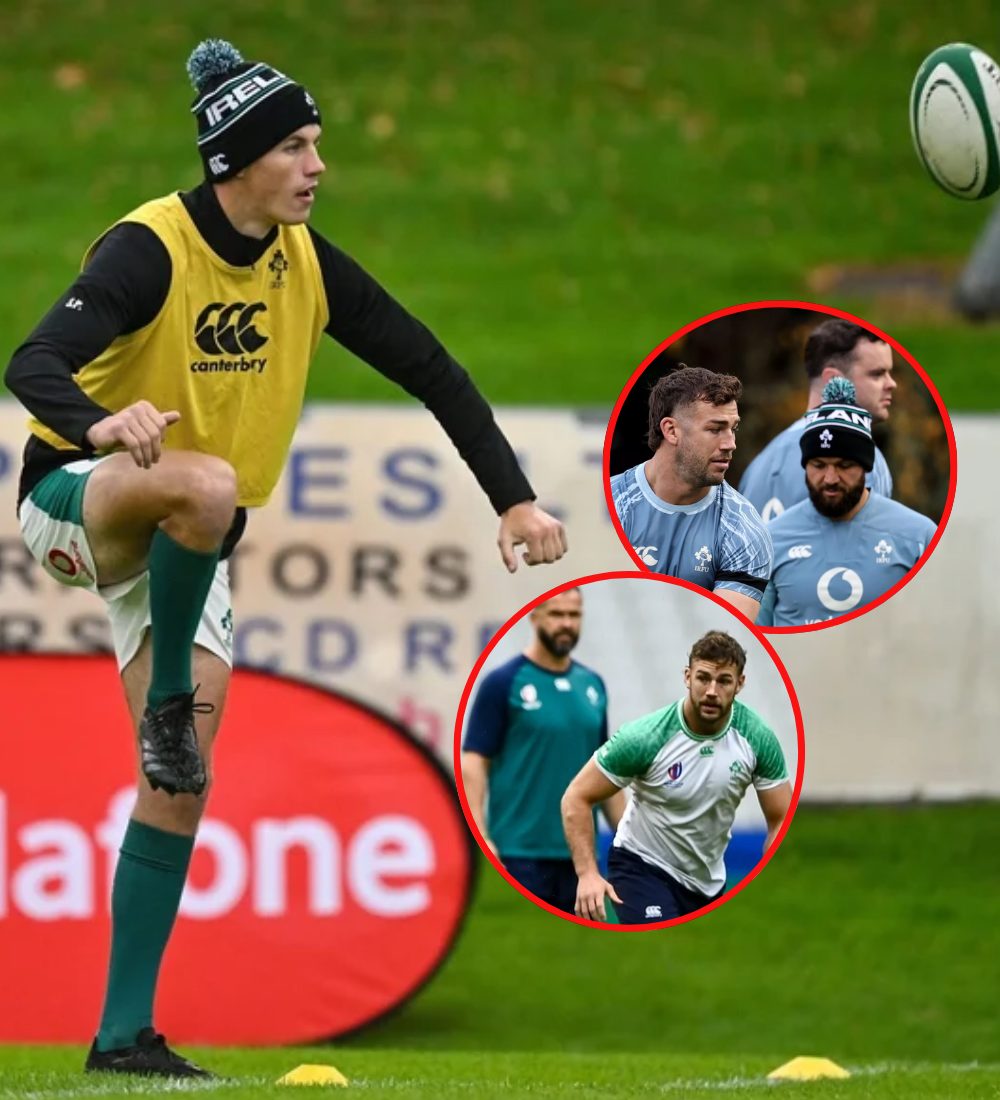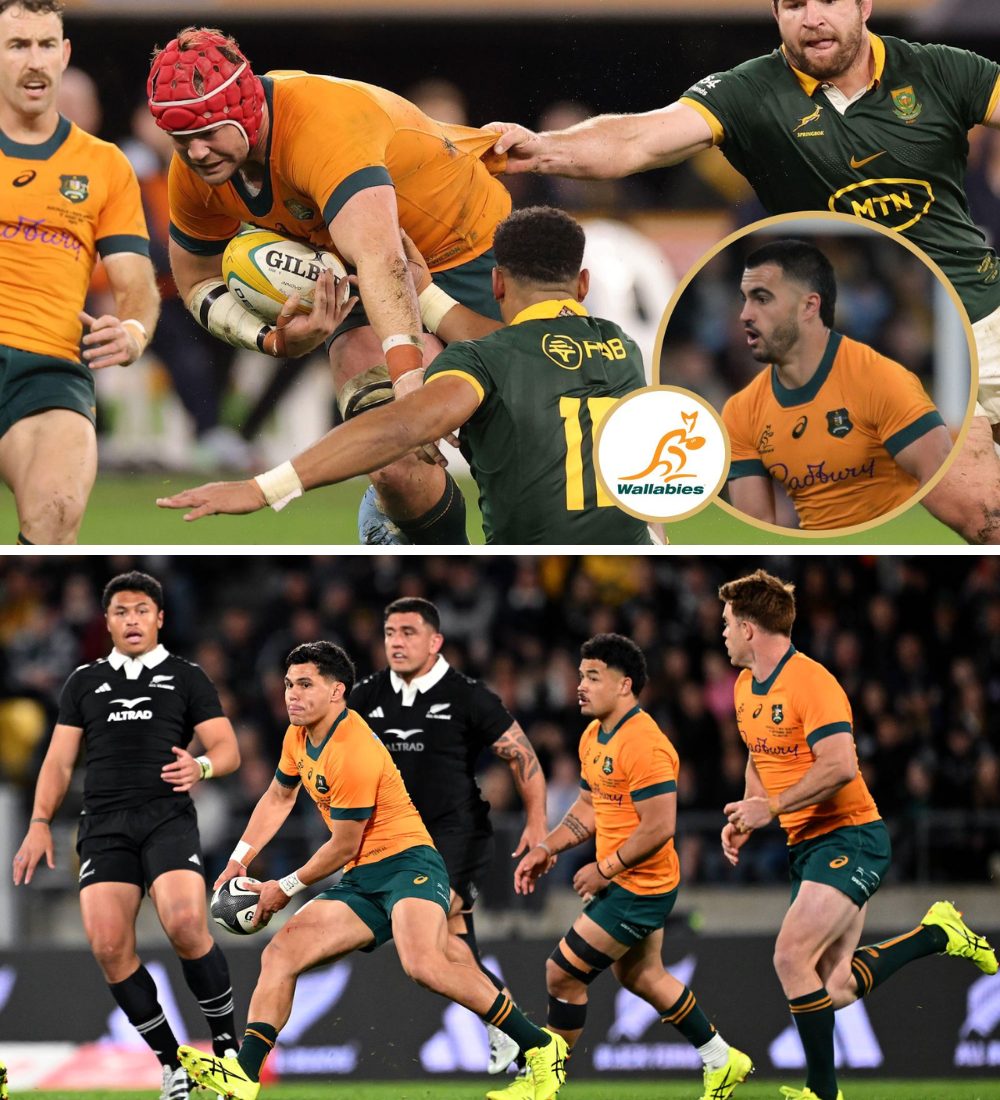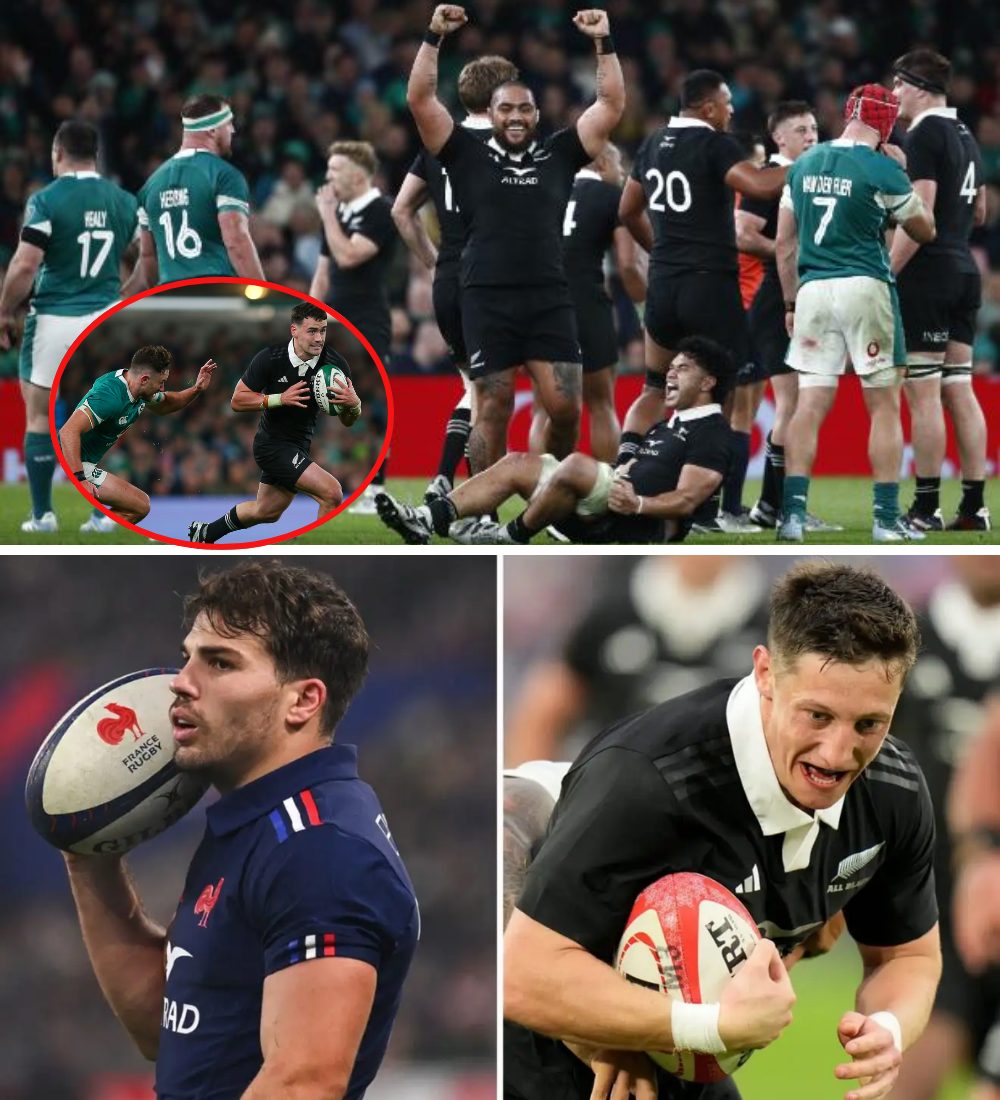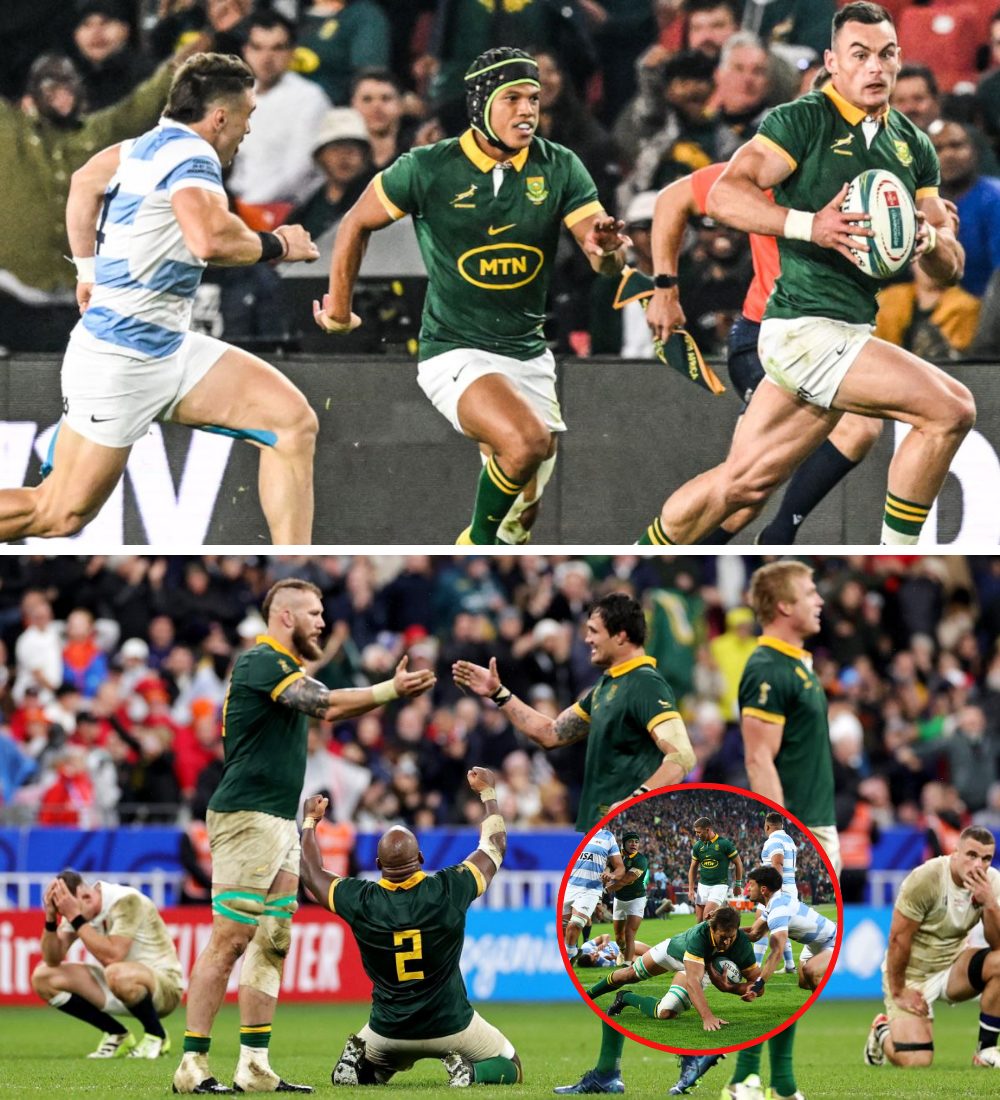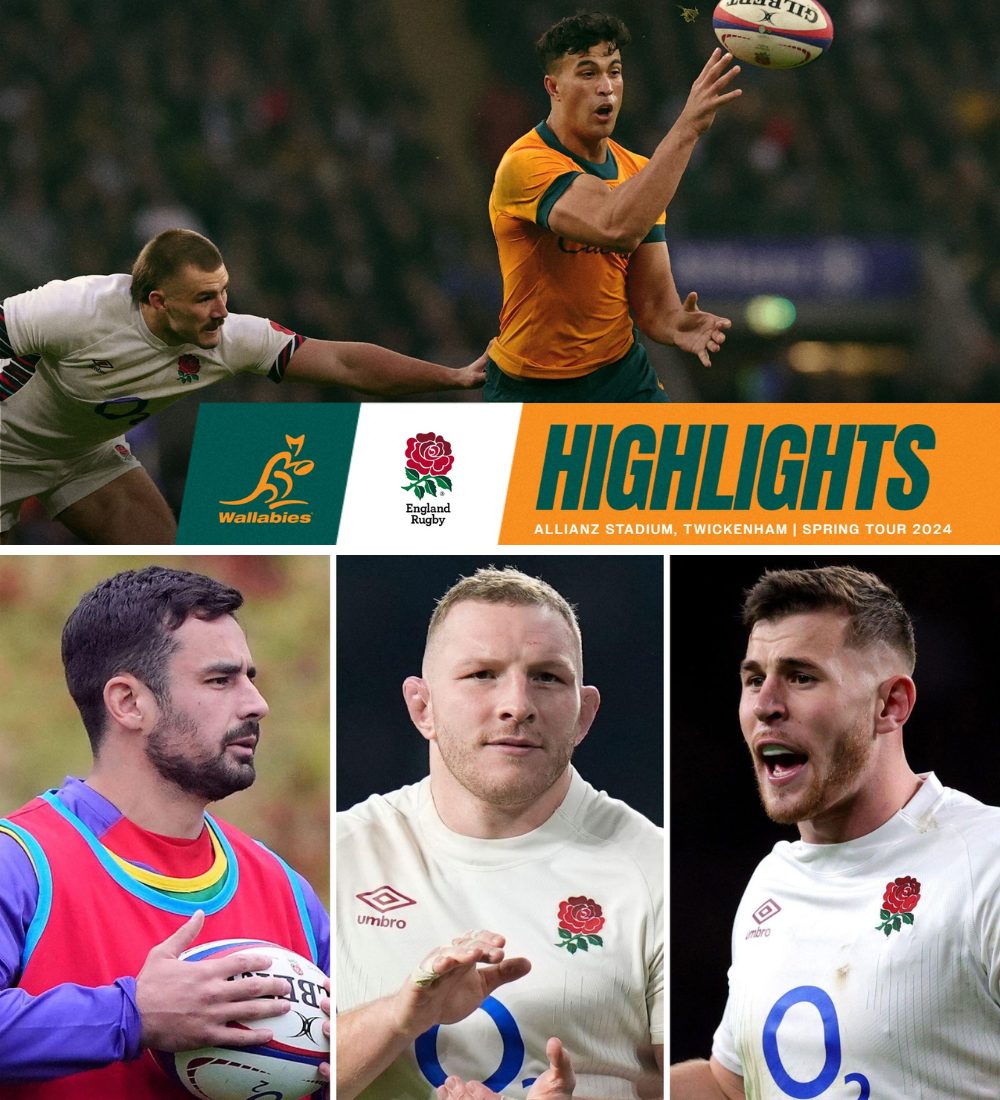To be honest, I didn’t even know James O’Connor was still playing rugby.
No, that isn’t a great reflection on my care for or interest in the performances and roster of the once-mighty Reds, but I’m just being truthful.
O’Connor, to me, was a kid with bags of youthful promise, whose eventual output was largely inconsequential.
And now he’s a Crusader. Give me strength.
I’m not going to blame the Crusaders for signing him for the 2025 Super Rugby Pacific season. Although, I could.
Nor will I predict O’Connor is going to be a flop.

I just look at that signing and wonder where it all went so horribly wrong for rugby in New Zealand.
It’s not so long ago that the Highlanders had Englishman Freddie Burns playing at first five-eighth. Moana Pasifika, to all intents and purposes a New Zealand franchise, has had Christian Leali’ifano at 10.
People roll their eyes at parties when I blame New Zealand Rugby (NZR) and its pathways for the occasionally pathetic performances of the All Blacks, but it’s not hard to see why Damian McKenzie has enjoyed an extended run in the national side.
When, with all due respect to O’Connor and the caps he’s accumulated for Australia, you’re summoning non All Blacks-eligible guys to plug gaps in our franchises, the parlous state of New Zealand rugby gets laid pretty bare.
I see Crusaders chief executive Colin Mansbridge hasn’t so much defended the decision to sign O’Connor, as attempt to explain it.
In basic terms, Mansbridge said the Crusaders had no other options. There simply weren’t other players within their franchise capable of leading the team around the park.
That horrifies me, really.
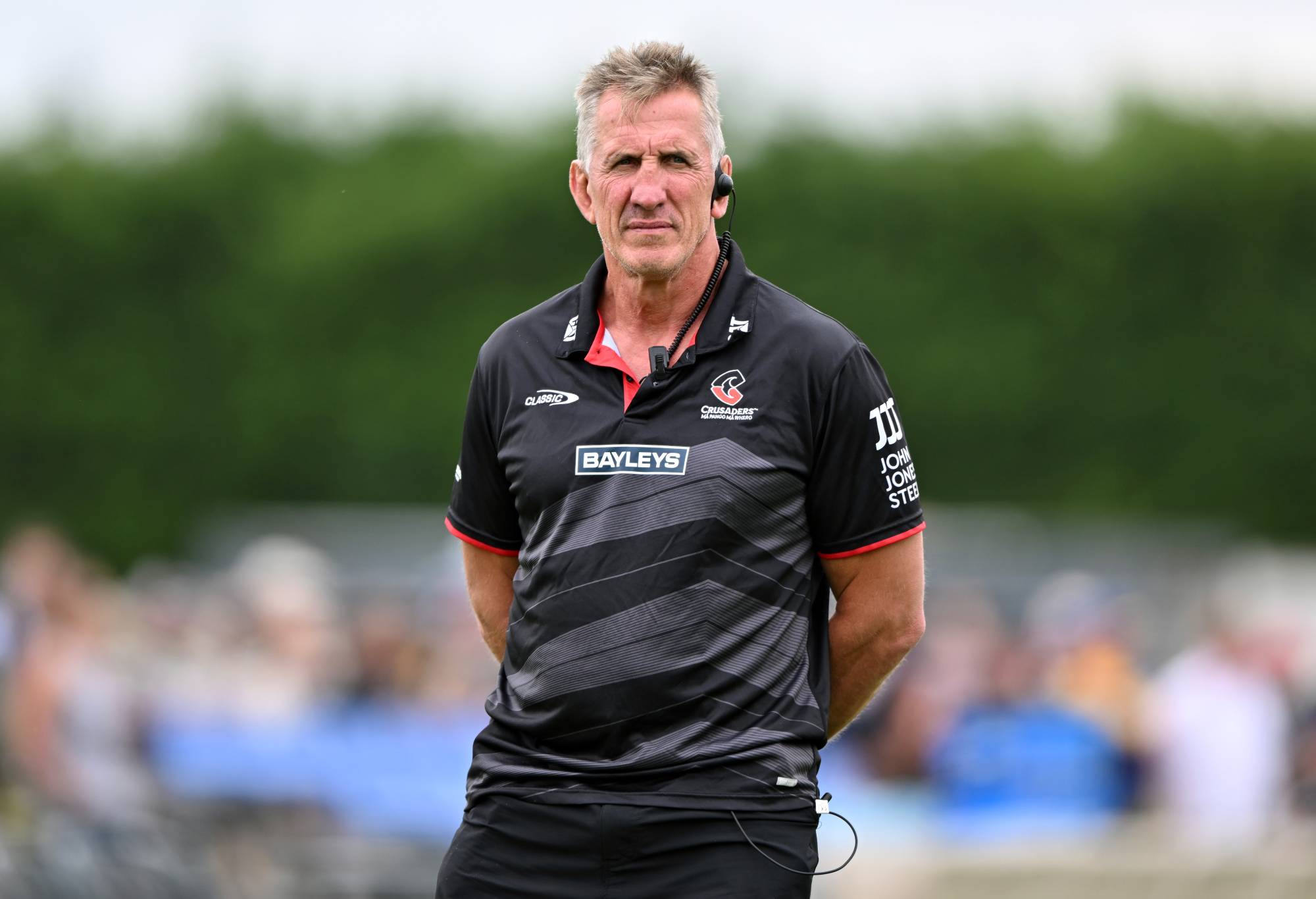
When I covered rugby in Christchurch, the scouting and development network of Canterbury and the Crusaders was second to none.
In fact they had more players at their disposal than they could give contracts to.
Guys were often identified from far flung parts of the country, turned into professional rugby players in Christchurch and then wished well on their future endeavours elsewhere.
Some even went on to become All Blacks.
Off the top of my head, I immediately think of lock James Broadhurst, who was sadly forced into early retirement due to head knocks.
Recruited from a nondescript Catholic co-ed school in Gis𝐛𝐨𝐫𝐧e, which had no sporting pedigree, Broadhurst eventually left Canterbury for Taranaki and the Hurricanes, from where he earned his one All Black cap.
When Broadhurst played for Canterbury, Brad Thorn, Isaac Ross and Sam Whitelock were among the other locks. Michael Paterson was another, but he got tired of sitting in the stands and tried his luck overseas. England drafted him into their squad at one point.
I remember a season when Canterbury had Daniel Carter, Colin Slade and Stephen Brett all trying to get game time at first five-eighth. Ryan Crotty was also seen as a potential option at 10 back then.

The point is, there was always succession-planning. Always guys being groomed to assume a position further up the pyramid.
I look at this O’Connor situation and fear the previous production line has ground to a halt. Not just in Christchurch, but most places across the country as well.
The New Zealand under-20, which was so dominant when some of the aforementioned Cantabrians were in it, battles to be competitive on the world stage, while Australia’s under-18s prevailed over our secondary schools’ side the other day.
It’s not just that we need former Wallabies or England reps to bolster New Zealand’s Super Rugby franchises, the depth and quality of the age-group sides suggests there isn’t as much coming through.
Rugby is a hard game in many senses. Lots of players drop out at 12 or 13, because they battle to compete physically and their parents fear for their safety.
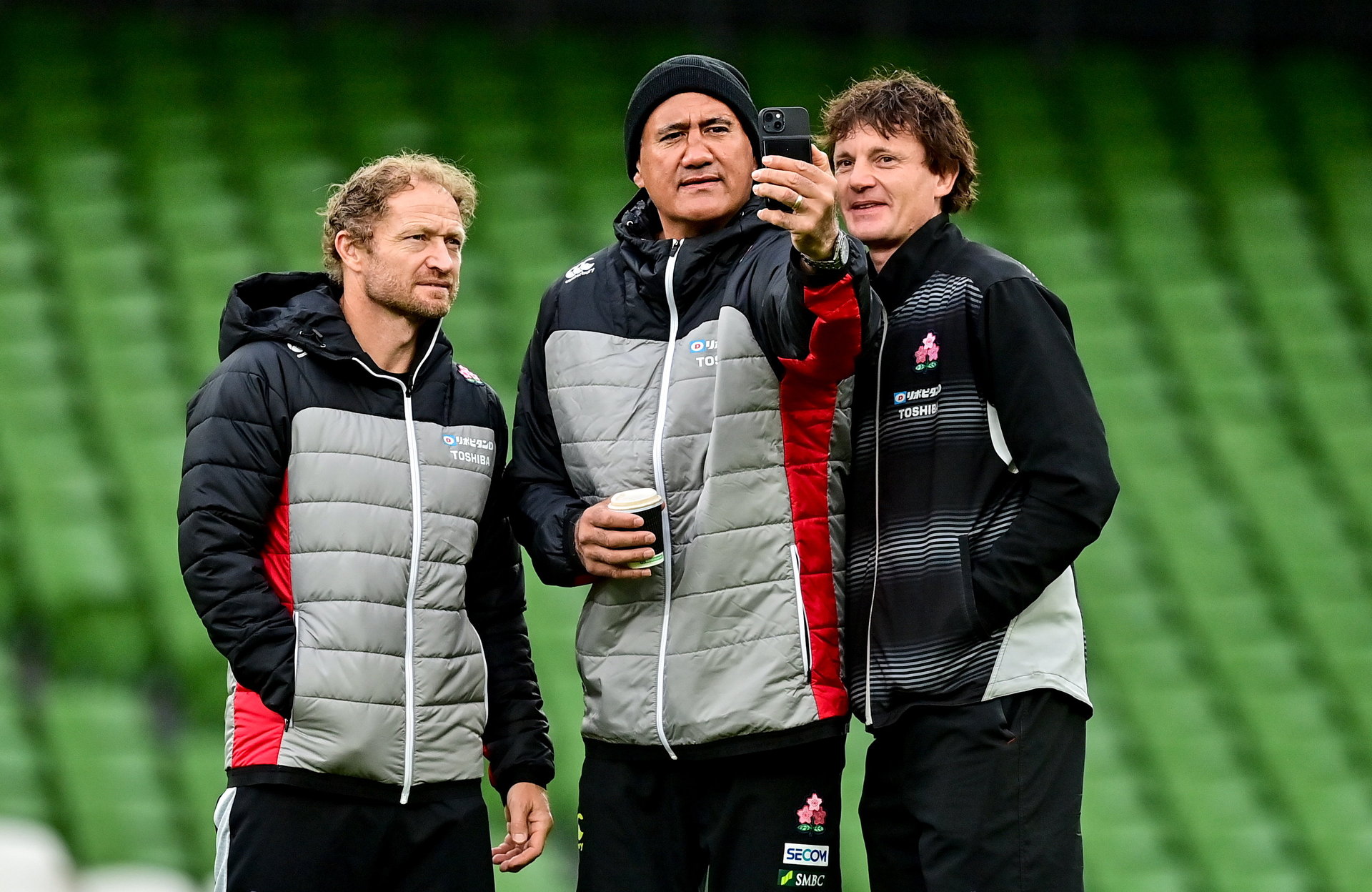
But being an All Black, or even a Super Rugby player, comes with a salary and cache that few, if any, sports in New Zealand can compete with. If the game in this country can’t attract and keep the best athletes, then no sport can.
I concede there’s a danger of being too alarmist about what O’Connor’s signing potentially signifies or drawing too long a bow. But it really wasn’t so long ago that the Crusaders had too many elite players in their ranks, rather than too few.
If the rest of our rugby was in rude health, then maybe I’d surmise it was just the good folk of Canterbury who’d been negligent in their talent identification.
But I look at James O’Connor’s imminent arrival and see it as a further sign that New Zealand rugby’s problems run deeper than the usual pub conversations about whether Ian Foster, and now Scott Robertson, can actually coach or not.
